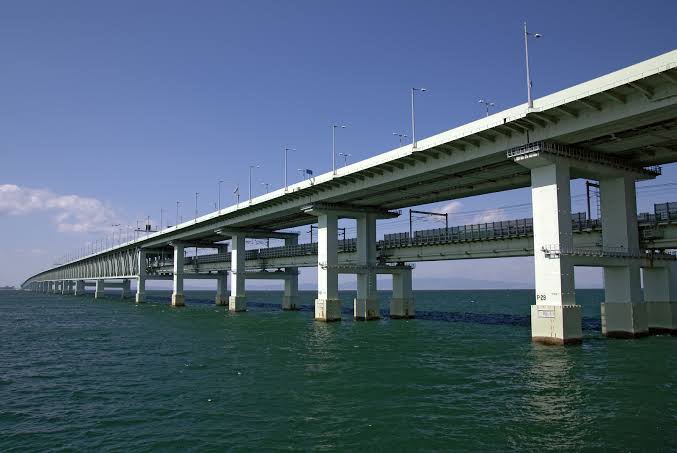Kansai International Airport in Japan is known as the world’s most remote airport because it’s situated on an artificial island in the sea.
The construction of this airport was a significant project, costing $20 billion and taking seven years to complete. It boasts a substantial 4,000-meter runway, making it the third-largest airport in Japan, serving the cities of Osaka, Kyoto, and Kobe.
One unique aspect is that the airport is built offshore to allow for continuous flight operations 24 hours a day. However, the construction posed challenges for engineers dealing with soft clay beneath the seabed. To address this, they had to construct a seawall filled with an enormous amount of rock, equivalent to three mountains.
Since its opening in 1994, there has been an unexpected occurrence – the airport has sunk approximately 10 meters, surpassing the initially anticipated rate. This sinking has added an extra layer of complexity to the ongoing maintenance and management of the airport infrastructure.


